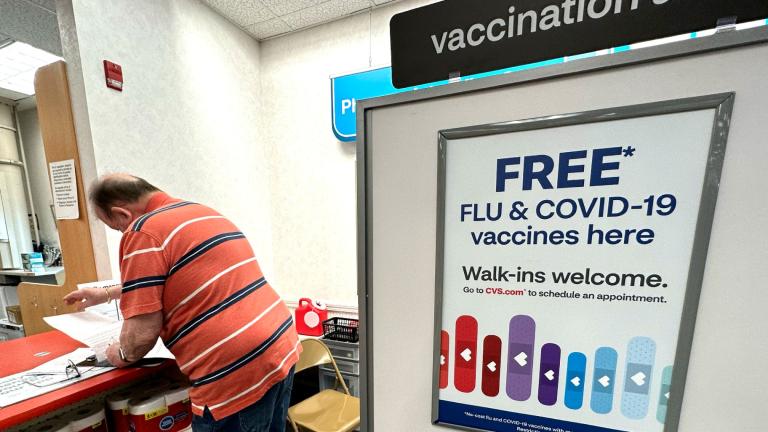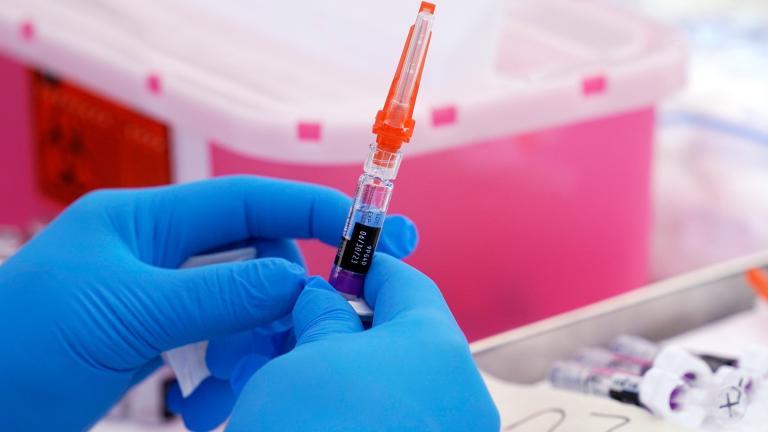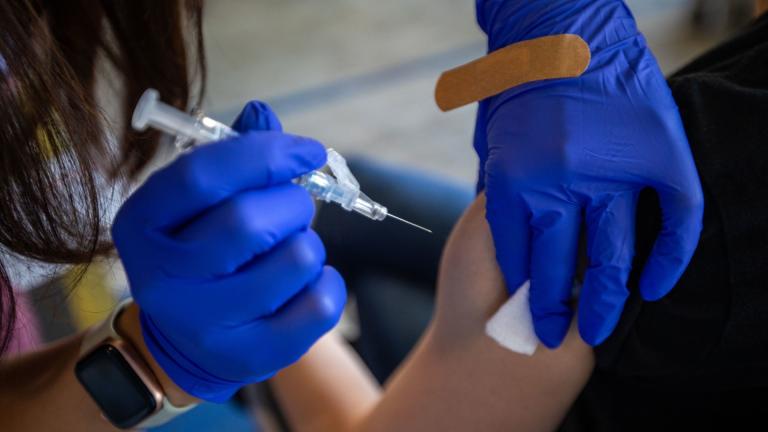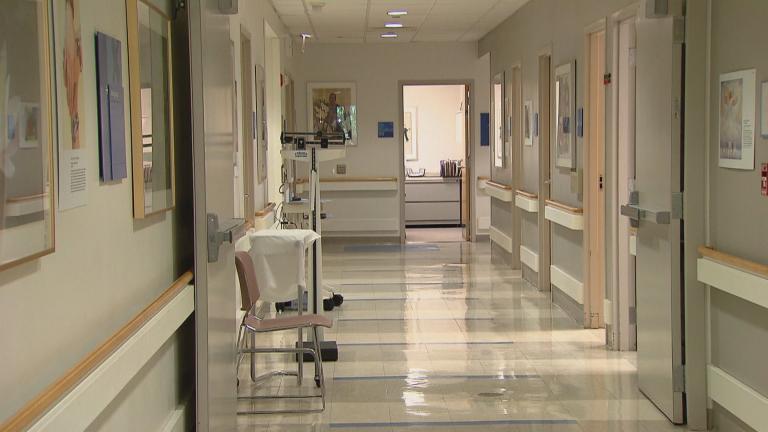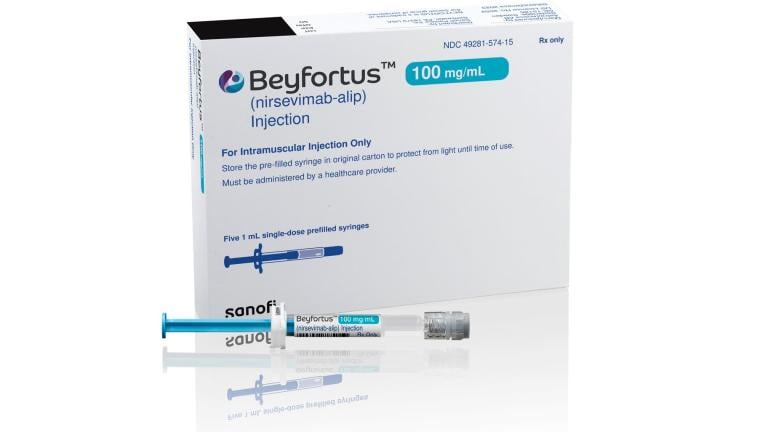
(CNN) — Got a stuffy nose and a cough? If you go to an urgent care or ER, chances are that you may be able find out exactly what type of germ is making you sick, thanks to newer tests that don’t look for just one pathogen at a time but sometimes screen for 18 to 20 viruses and bacteria.
Use of these so-called multiplex tests has become more common in recent years. They were especially handy last fall and winter, when the U.S. was contending with surges of at least three respiratory infections at the same time: COVID-19, respiratory syncytial virus and the flu.
They help doctors in busy settings make faster diagnoses, but experts say they can also be a mixed blessing. On one hand, you may be able to identify exactly which virus or viruses are making you sick. On the other, it may not do you or your doctor much good, since most viruses don’t have any specific treatments.
And it can add to patient angst. If it’s no longer just a cold, it’s adenovirus or bocavirus — what exactly does that mean?
New Tests, New Worries
Dr. Sarah Nosal, a primary care physician in the Bronx, New York, says she’s seeing the phenomenon more and more in her practice.
In one recent case, a woman brought in her 2-year-old, who had a runny nose and a cough but was still feeling well enough to crawl into Nosal’s lap while she examined him.
Over the weekend, the family had been to an urgent care clinic, where the child had been given a test that can check for 18 viruses at the same time. The results were positive for three: adenovirus, metapneumovirus and enterovirus.
“And so the parents are freaking out, like, ‘Why? Why does my kid have this many viruses?’” Nosal said.
Nosal said studies have shown that co-infections are not really all that rare, especially during the fall and winter months. In one study of nearly 2,400 children with respiratory infections in Australia, for example, 1 in 4 who had a viral illness were infected with more than one virus. The study authors concluded that most of the time, having two or more viruses at the same time doesn’t necessarily make a kid sicker.
But three viruses at the same time can certainly sound bad to worried parents.
“Well, that’s not crazy, but we don’t normally test kids. So we don’t know that information all the time,” Nosal said.
What’s more, there aren’t any specific treatments for the viruses her young patient had, so despite the scary diagnosis, her recommendations would probably stay the same: rest, hydration and cuddles.
Testing May Not Change Treatment
Since testing for COVID-19 has made swabbing your sniffles commonplace, many patients are more likely to want to know what bug they have.
“So we have the ability now to put names on things, so I think it has changed,” said Dr. Preeti Malani, an infectious disease specialist at the University of Michigan. “I do feel that COVID has changed that paradigm a bit.”
Multiplex tests aren’t available everywhere. Doctors are more likely to order them in settings such as emergency departments or urgent care clinics where they’re trying to quickly get information to guide care.
Labcorp and Quest Diagnostics, two of the largest commercial lab testing companies in the United States, confirm that they are getting more orders from doctors for multiplex tests since 2019, although neither would release exact numbers.
Tests for certain infections, particularly the flu and COVID-19, are still warranted in many cases, Malani says, especially when those viruses are known to be circulating in your area.
“I do feel that a COVID diagnosis is an important one, because we handle it differently. We have treatments, and those treatments are underused by people who can benefit from them,” she said.
COVID-19 is rarely serious for children, but knowing that they have it may help you protect other family members who might be more vulnerable, such as grandparents.
And certain people may benefit from multiplex tests, she says, if they have underlying medical conditions that affect their immune function. In those cases, the test results might change how doctors manage the illness.
Studies have found that multiplex testing may have limited utility otherwise.
Because they can test for both viruses and bacteria, fans of the tests assert that they could help cut the use of unnecessary treatments, such as prescribing antibiotics – which kill bacteria – for a viral illness.
But a recent study conducted by the Children’s Hospital of Colorado found that wasn’t the case. Among 931 children who were given rapid respiratory panel tests in the emergency department, the half of doctors who were given their patients’ test results were just as likely to prescribe antibiotics as those who were not shown the results. Kids whose doctors knew their respiratory panel results also faced longer ER stays and were more likely to be admitted to the hospital.
“In the majority of people, it will not change your management. And, frankly, it’s probably a waste of a visit,” Malani said.
The-CNN-Wire™ & © 2023 Cable News Network, Inc., a Warner Bros. Discovery Company. All rights reserved.

